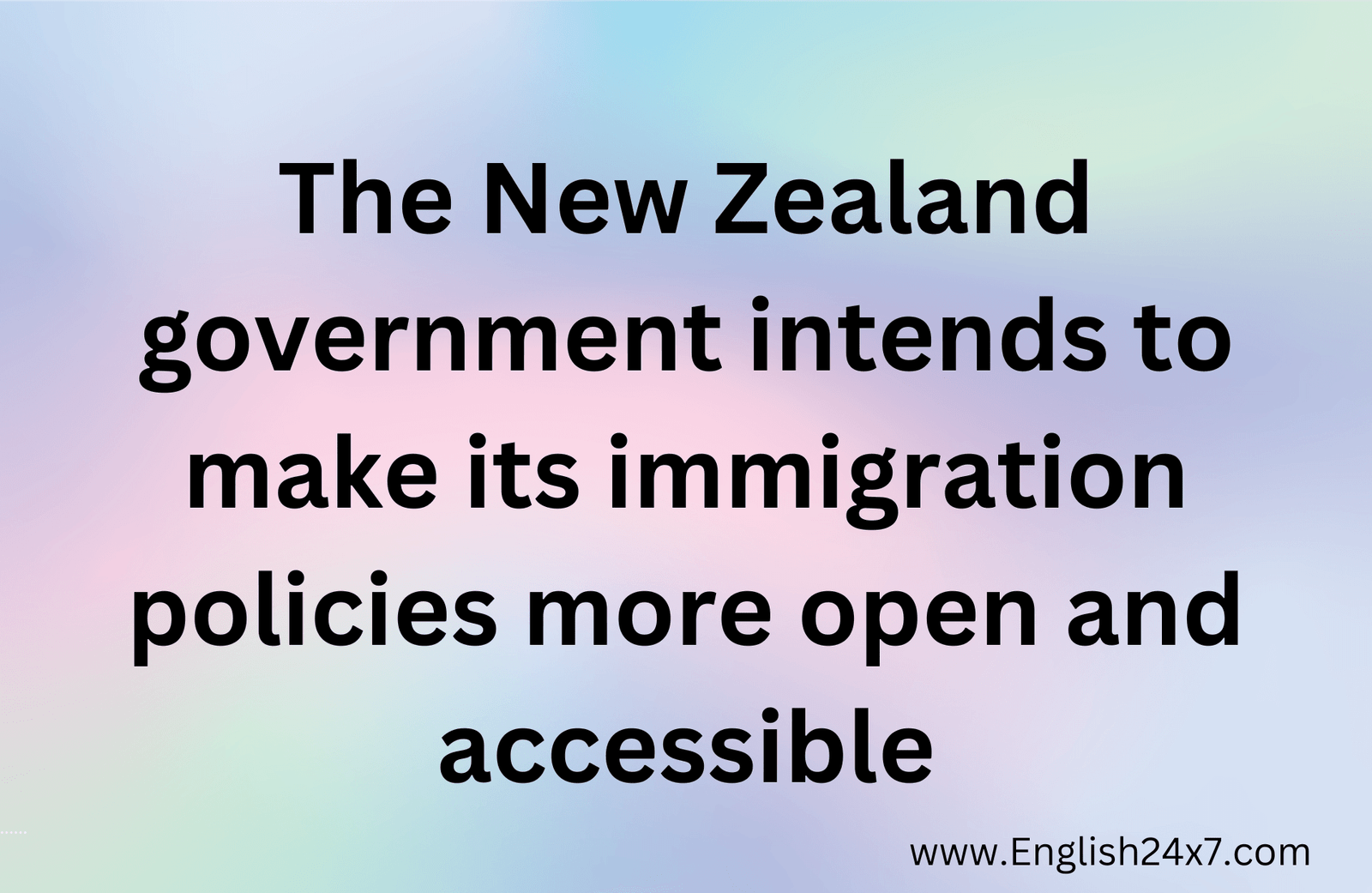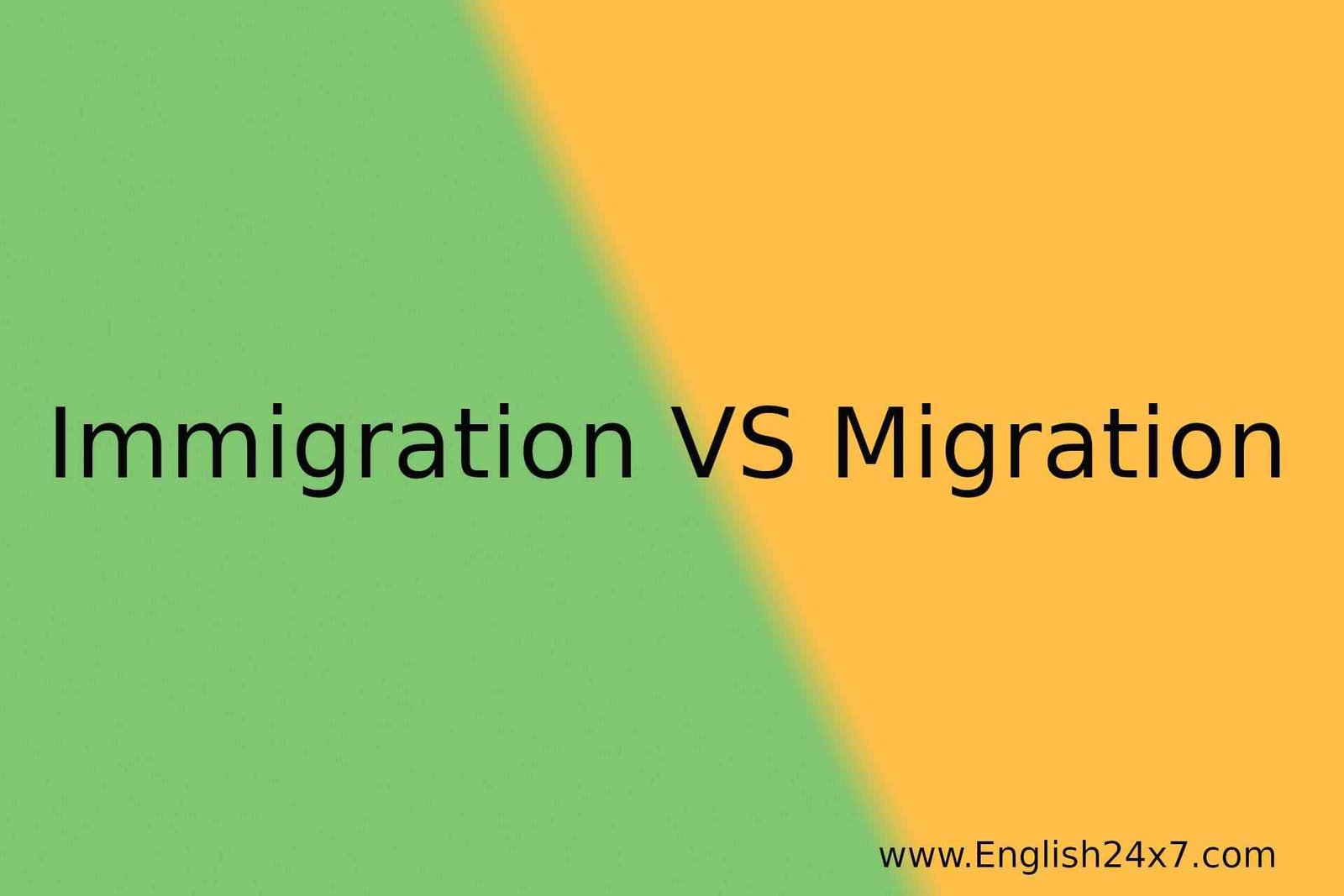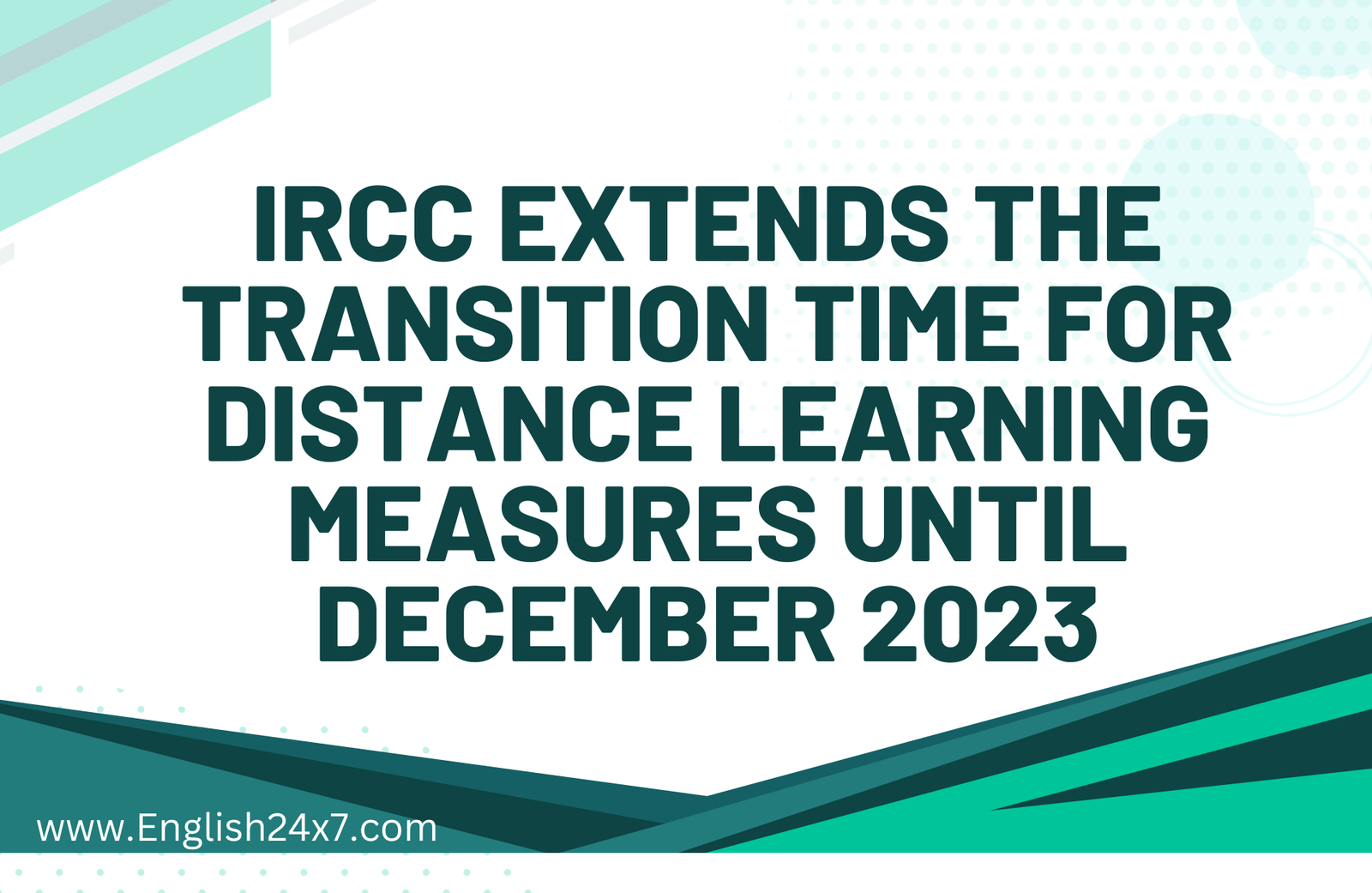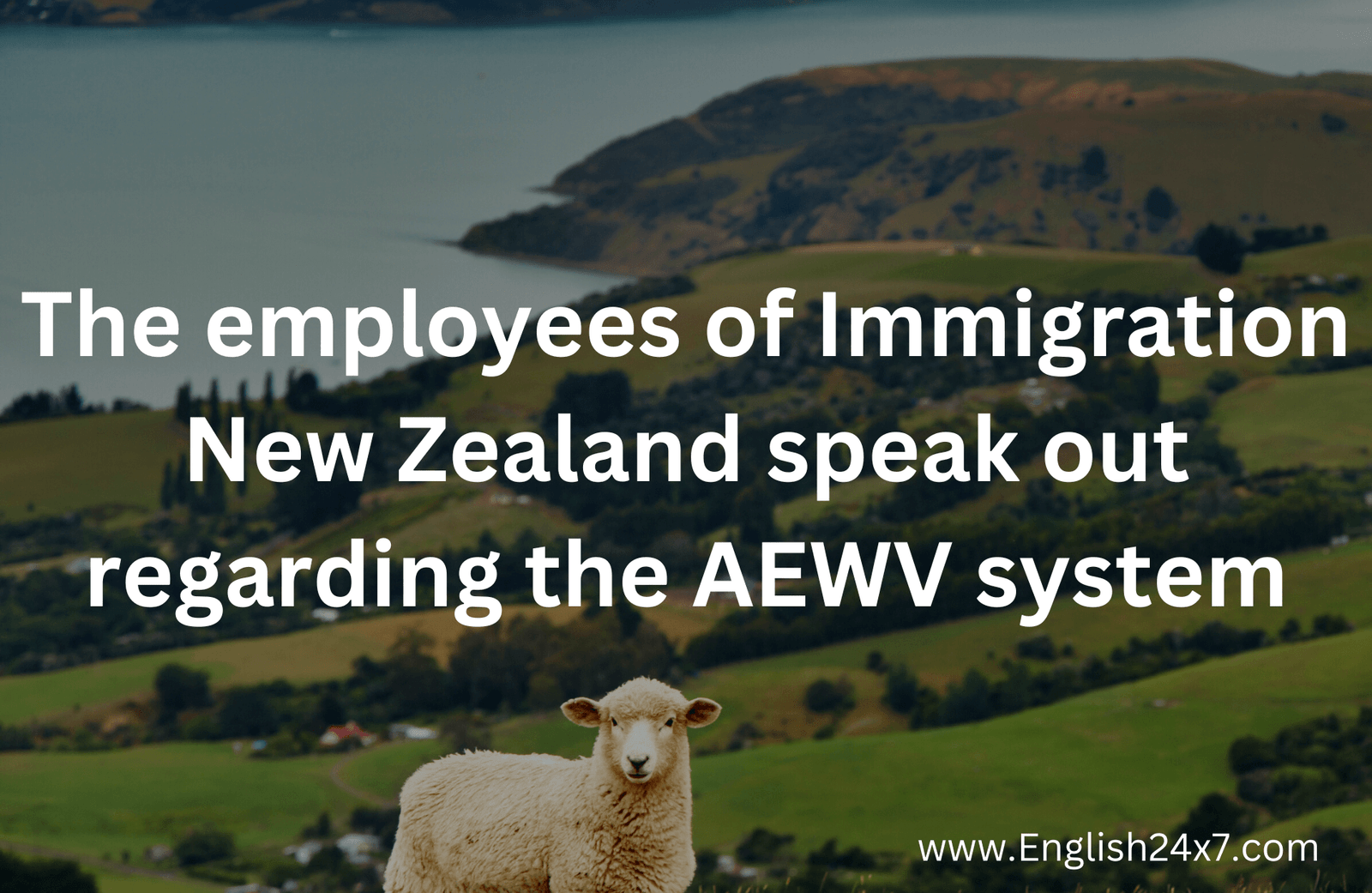
The New Zealand government intends to make its immigration policies more open and accessible
The government is considering issuing a broad policy statement on immigration in an effort to increase openness and hold itself accountable to the public.
A government policy statement (GPS) that might also strengthen accountability was advocated by the Productivity Commission review into immigration, which prompted the announcement of the plan.
The inquiry concluded immigration was neither the solution to New Zealand's productivity crisis nor the root of the problem, given the country's historically sluggish productivity growth.
It occurs at a time when many companies still have trouble hiring workers due to a lack of available workers.
According to Wood, one of the report's main focuses was on the question of whether or not the government "can be more transparent, set clear direction, give people greater certainty."
It's comparable to the government's transportation policy statement, which is revised every three years and covers the following decade in terms of priority and money allocation.
As Wood put it, "it clearly says, 'here we are today, here is the information we're evaluating, the strategic direction and priorities, and it doesn't decide every transport project that happens within the transport system.
According to Wood, the country's planning for the next five to ten years and understanding of the sector and regional needs might benefit from additional work on the integration of the labour market and immigration.
Wood answered, "yes, broadly speaking," when asked if a global positioning system (GPS) would help identify or foresee important areas of need, resulting in a less "political-football" oriented approach to immigration.
If we have solid, transparent information that is informed by engagement with regions, workers, employers, and our vocational education system, we should be able to construct a much more complete picture of what the skills need, skills deficiencies and training paths are.
We should be able to make more informed choices in the immigration system as a result of that.
They "have an unquestionable right to have alternative policies in immigration or any other issue...," he said of individuals and political groups. Yet, I believe that the system's stability may be improved by better clarity regarding the challenges we're attempting to tackle and the larger path on which we can all agree.
The ability to "take away some of the heat from a conversation that at times can get highly hot, politicized, and sometimes truly detrimental," as Wood put it, was mentioned.
Wood promised to move the concept forward "slowly and discuss thoughtfully rather than hurry it," with public engagement and guidance on what a comprehensive system may entail occurring this year before any further decisions are made in 2024.
At the Te Whatu Ora health system, ACT reported this month that there were 1049 new openings, increasing the vacancy rate to 10.7 per cent.
ACT leader David Seymour said in February that the 3.4% unemployment rate was irrelevant because there were so many open positions.
There are "help sought" signs on every major street in New Zealand. Even if unemployment rates are low, business owners are not celebrating.
They're scrambling to find a solution to the problem of hiring enough people.
Christopher Luxon, a member of National, has stated that the party is supportive of immigration since it is "very vital to our economy and society."
Increasing the frequency of immigration evaluations is crucial, he said, as is adding new occupations to the "green list" that the country has to protect.
Wood believed that a global positioning system (GPS) for immigration may boost public trust in the system, increase the calibre of discussion surrounding immigration, and ultimately result in better policy decisions.
The capacity of a country to absorb new residents, either temporarily or permanently, might also be factored into a global positioning system.
While March data from Stats NZ indicated an annual net migration gain of 33,200 individuals and a net loss of 17,500 people, a report issued last month on the future of labour supply found New Zealand would be short 250,000 workers by 2048 if current patterns continue.







